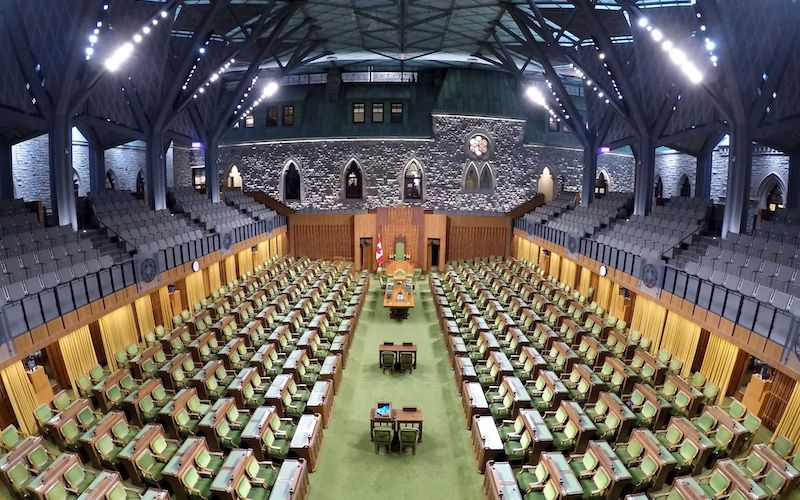
A historic announcement for Canadian content:
Bill C-10 Summary:
- The Broadcasting Act outlines Canada’s broadcasting policy, defines the role of the Canadian Radio-television and Telecommunications Commission and sets out the mandate of CBC/Radio-Canada. The Act is a key instrument in supporting Canada’s creative industries and in ensuring that Canadian music and stories are available and accessible
- Steven Guilbeault, Minister of Canadian Heritage, introduced amendments to the Broadcasting Act that will further support Canadian film and music industries and create good, middle-class jobs across the country
- Amendments: The government will…
- Clarify/confirm that online broadcasting is covered under the Act
- Importantly, the Bill provides that regulation does not apply to users of social media services or social media services themselves in respect of the content posted by their users.
- update broadcasting and regulatory policies to better reflect the diversity of Canadian society, including gender equality, LGBTQ+ and racialized communities, persons with disabilities, and Indigenous Peoples;
- create a more flexible approach to regulation that allows the CRTC to establish rules for all broadcasting services that operate in Canada, including rules that create more sustainable sources of funding for Canadian stories;
- modernize the CRTC’s enforcement powers; and,
- update oversight and information-sharing provisions to reinforce the CRTC’s role as a modern and independent regulator.
- Clarify/confirm that online broadcasting is covered under the Act
- These amendments respond to urgent calls for action and are an important first step in modernizing the Broadcasting Act. We are committed to further action to fully modernize the broadcasting system and to support creation of Canadian audio and audiovisual content for the digital age.
History:
- Canada has a long history of supporting the creation of and access to Canadian film, music, television and digital media programming while at the same time facilitating Canadians’ access to foreign content
- Historically, a “closed” broadcasting system oriented around Canadian ownership and control of businesses showing Canadian content
Quotes:
“Canadians have a right to recognize themselves in the music they listen to and the television they watch. We are proposing major changes to the Broadcasting Act in order to ensure online broadcasting services that operate in Canada contribute to the creation, production and distribution of Canadian stories.”
—The Honourable Steven Guilbeault, Minister of Canadian Heritage
Background:
- In June 2018, the Government of Canada appointed an external panel to review three pieces of legislation that govern Canada’s communications sector: the Telecommunications Act, Radiocommunications Act and Broadcasting Act.
- After extensive research and consultations with industry stakeholders and academic experts, the panel delivered a final report to Minister Guilbeault and the Honourable Navdeep Bains, Minister of Innovation, Science, and Industry, on January 29, 2020.
- The proposed amendments to the Broadcasting Act respond to key recommendations in the panel’s report.
- More and more, Canadians access music and television through on-demand services like Netflix, Spotify, Crave, CBC Gem and Club Illico. Online video services have grown their revenues by approximately 90% per year over the last two years, while traditional broadcasters (radio and television) have seen a steady decline of 1.8% per year over the last five years. The shifting market dominance is illustrated by Netflix, which is now present in most Canadian households (62%) and generated $1 billion in revenue in Canada in 2019. However, online broadcasters are not required to support Canadian music and storytelling and other important broadcasting objectives, leaving the support system at risk. The Bill could result in online broadcasters being required to invest more than $800 million in our creators, music and stories by 2023.






